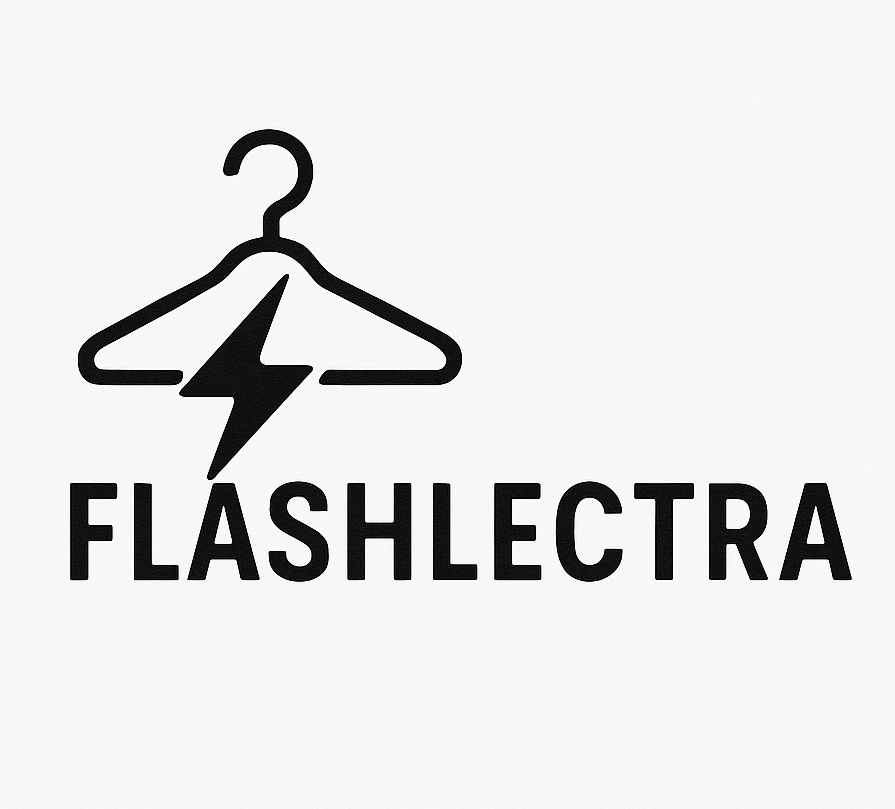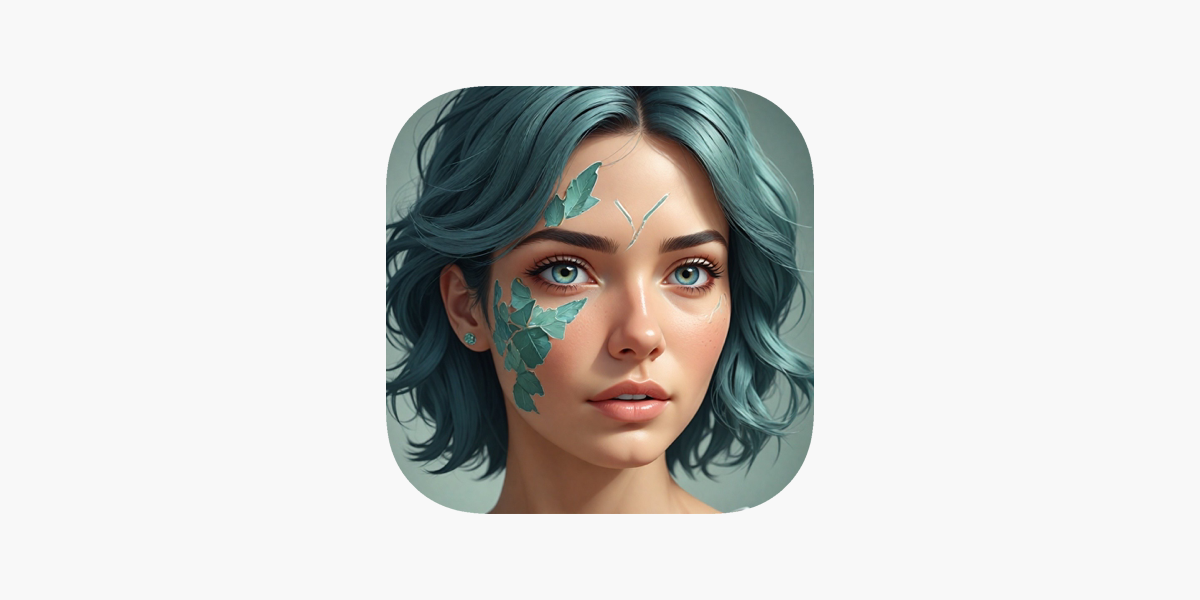Artificial Intelligence (AI) is no longer confined to laboratories or tech companies. It has entered our everyday lives. From smart assistants like Siri and Alexa to personalized shopping recommendations, AI is everywhere. One of the most exciting transformations is happening in the beauty and skincare industry, where AI skincare analysis apps are becoming increasingly popular. These apps promise to scan your face using just a smartphone camera, detect issues such as acne, fine lines, pigmentation, and uneven skin tone, and then recommend personalized skincare routines.
With more people seeking cost-effective, at-home solutions, these apps are quickly gaining traction. But the real question is: How effective are they? Are AI skincare analysis apps truly reliable, or are they simply another tech trend? To answer that, we need to dive deep into how they work, their benefits, drawbacks, and their role in the future of beauty.
Understanding AI Skincare Analysis Apps
What Exactly Are AI Skincare Analysis Apps?
AI skincare analysis apps are mobile or web-based tools that use a combination of computer vision, machine learning, and large dermatological datasets to analyze facial features. By examining high-resolution images, these apps can identify visible skin conditions like acne, wrinkles, and dryness, and sometimes even underlying issues. They are essentially like having a virtual dermatologist in your pocket—ready to provide skin assessments and product recommendations instantly.
How Do AI Skincare Analysis Apps Work?
The technology behind these apps is complex but fascinating:
1. Image Capture – The user takes a selfie or live scan through the app.
2. AI Processing – The app uses algorithms trained on thousands (or millions) of skin images to detect patterns.
3. Skin Assessment – The system identifies pores, dark spots, fine lines, or redness.
4. Database Comparison – The app compares results with dermatology databases.
5. Recommendations – It provides suggestions: skincare routines, product matches, or even lifestyle changes. Some advanced apps even allow long-term tracking, showing how your skin changes over weeks or months.
Why AI Skincare Analysis Apps Are Trending in 2025
Growing Demand for Personalized Skincare
Consumers today no longer want generic routines. They want customized beauty solutions that match their skin type, climate, and lifestyle. AI skincare apps fulfill this demand by offering hyper-personalized suggestions.
The Digital Transformation of Beauty
The beauty-tech industry has exploded in recent years. According to market research, the global beauty tech market is projected to surpass billions by 2030, with skincare apps leading this growth.
Post-Pandemic Digital Adoption
During the COVID-19 pandemic, limited access to dermatologists made users turn to digital self-care tools. AI skincare apps filled this gap, and their popularity continues to rise.
Instant Gratification Culture
In a fast-paced world, users prefer solutions that provide immediate feedback. AI skincare apps give instant results without waiting for a clinic appointment.
Benefits of Using AI Skincare Analysis Apps
Convenience Anytime, Anywhere
These apps bring dermatology into the palm of your hand. Whether at home, traveling, or shopping for skincare products, you can get a skin analysis within seconds.
Cost-Effective Alternative to Clinics
Dermatology consultations can be costly, but AI apps often provide free or affordable assessments, saving both time and money.
Hyper-Personalized Recommendations
Unlike “one-size-fits-all” skincare guides, these apps analyze your unique skin profile to recommend products and treatments tailored specifically to you.
Progress Tracking for Better Results
Many apps feature progress tracking tools that allow users to see improvement over time. This motivates users to stay consistent with routines.
Education and Awareness
By identifying potential issues early—such as UV damage, fine lines, or dehydration—AI skincare apps help users become more educated about their skin health.
Challenges and Limitations of AI Skincare Analysis Apps
Accuracy Can Vary
Not all apps deliver equal accuracy. Factors like poor lighting, low camera quality, or darker skin tones may cause incorrect analysis.
No Substitute for Dermatologists
While AI apps are useful, they cannot replace professional diagnosis. Serious skin conditions like melanoma or chronic eczema require medical expertise.
Data Privacy Concerns
These apps often require users to upload selfies and skin data, raising concerns about privacy and data misuse. Transparent policies are essential.
Biased Product Recommendations
Some apps are developed by skincare brands and may prioritize recommending their own products instead of neutral options.
How to Choose the Best AI Skincare Analysis App
Must-Have Features in 2025
- High AI Accuracy – Look for apps trained on diverse datasets.
- Dermatologist Collaboration – Apps created with medical experts are more reliable.
- Clear Privacy Policy – Ensure your photos and data remain secure.
- Progress Monitoring – Long-term tracking features add real value.
- Unbiased Recommendations – Trust apps that suggest products from multiple brands.
Top AI Skincare Analysis Apps in 2025
- SkinVision – Detects signs of skin cancer with medical backing.
- Troveskin – Offers progress graphs and daily insights.
- YouCam Makeup – Combines beauty filters with skin analysis.
- Rynkl – Specializes in wrinkle tracking.
- HiMirror – A smart mirror with AI-powered assessments.
Practical Uses of AI Skincare Analysis Apps
Daily Skincare Routine Guidance
Users can wake up, scan their face, and get real-time advice like “use more moisturizer today” or “don’t skip sunscreen.”
Smarter Shopping Choices
Instead of relying on advertisements, users can scan products in-store and see if they match their skin needs.
Early Detection of Problems
Apps can spot early signs of acne, pigmentation, or dryness, helping users take preventive steps before problems worsen.
Virtual Dermatology Hybrid
Some apps are expanding into tele-dermatology, connecting users with real professionals for deeper consultation after AI analysis.
The Future of AI Skincare Analysis Apps
Integration with Wearable Technology
Imagine a smartwatch that monitors hydration or a skin patch that tracks UV damage. Future AI apps will integrate with such devices.
Augmented Reality Skincare Previews
With AR, users could see how their skin might look in 5 years if they follow or ignore skincare routines.
More Inclusive AI Models
As datasets grow, apps will become better at analyzing diverse skin tones across different ethnicities.
Support for Dermatologists
Rather than replacing professionals, AI will act as an assistant, helping dermatologists make faster, data-driven decisions.
Table: Pros and Cons of AI Skincare Analysis Apps
| Aspect | Pros | Cons |
|---|---|---|
| Accessibility | Instant skin analysis at home | Limited accuracy compared to clinics |
| Cost | Free or affordable assessments | Premium features may require subscriptions |
| Personalization | Tailored skincare routines | Some apps may promote biased product choices |
| Technology | Advanced AI insights | Lighting/camera affect results |
| Health Monitoring | Tracks changes over time | Cannot diagnose serious medical conditions |
| Privacy | Easy to store skin history | Risk of data leaks or misuse |
Conclusion: Are AI Skincare Analysis Apps Worth It?
AI skincare analysis apps represent a revolution in beauty technology, offering personalized, affordable, and instant skincare advice. They empower users to understand their skin better, make smarter product choices, and track progress effectively. However, these apps are not a complete replacement for dermatologists. While they provide useful insights, accuracy issues, privacy concerns, and potential biases must be considered.




